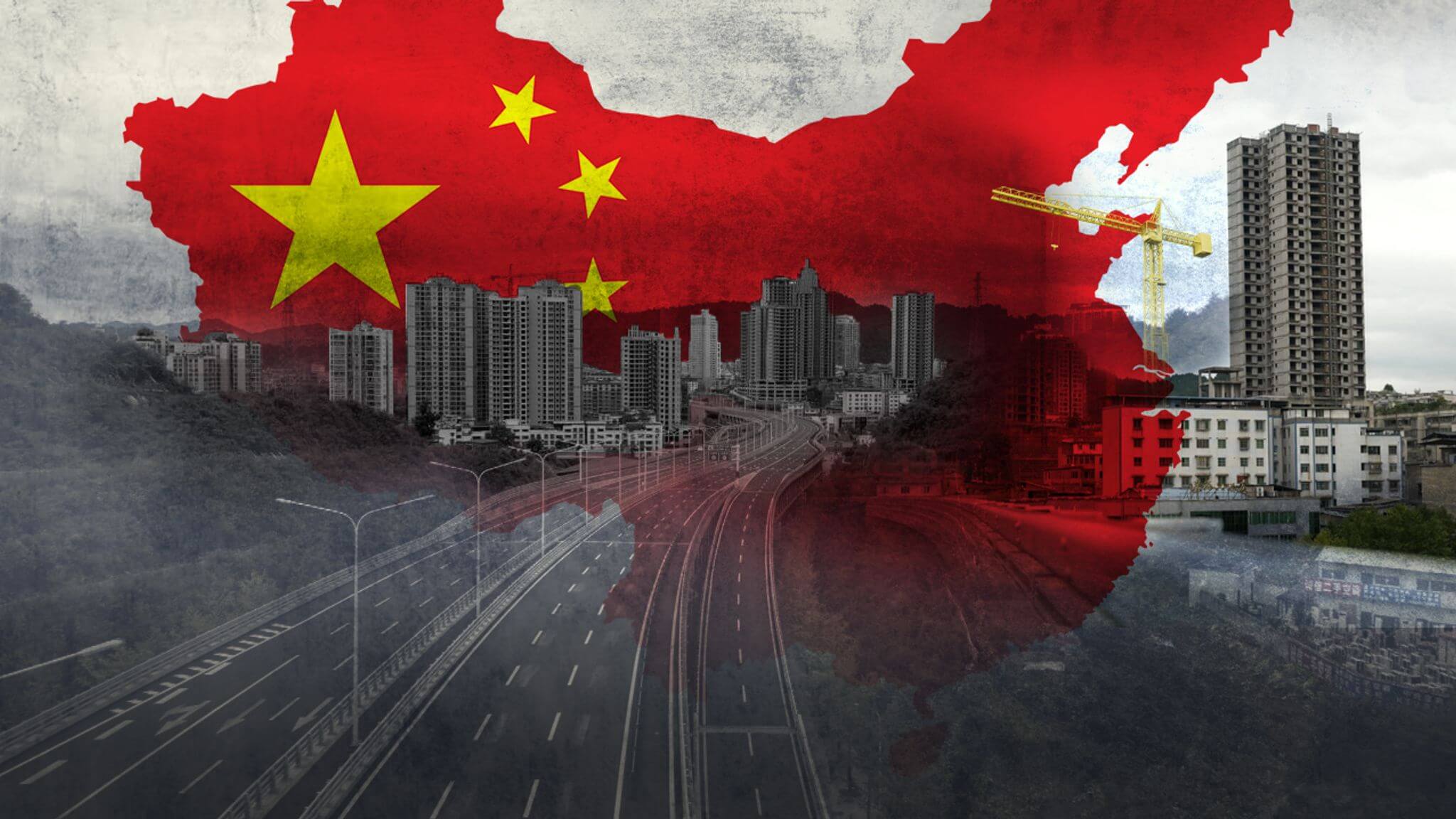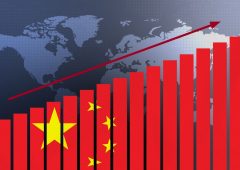Will China’s $142 Billion Bailout Revive Its Struggling Economy?
26.09.2024 18:00 1 min. read Alexander Stefanov
China is considering a significant capital boost of about $142.4 billion (1 trillion yuan) to support its largest state bank, aiming to revitalize a faltering economy and stagnant markets.
This initiative may involve issuing new sovereign bonds, representing the largest government bailout effort since the 2008 financial crisis.
This potential move comes as part of broader stimulus strategies following reports that four of China’s five leading banks posted losses in the second quarter.
In response to government pressure, these banks have lowered interest rates to stimulate declining loan demand. Analysts are calling for more aggressive fiscal measures to counter deflationary risks that threaten China’s growth targets.
The People’s Bank of China (PBOC) announced an economic stimulus package on September 24, hoping to lift the economy from deflationary pressures.
Critics have raised concerns about the effectiveness of the PBOC’s liquidity injections, citing persistently low credit demand and a lack of supportive policies for genuine economic activity.
Despite these challenges, markets reacted positively, with China’s CSI 300 index up 0.35% and Hong Kong’s HSI index gaining 1.5% as of September 26.
However, lowering interest rates has had adverse effects, as major banks like ICBC and CCB reported reduced second-quarter profits. ICBC’s net interest margin fell to 1.43%, while Agricultural Bank of China reported a 14.2% profit increase, contrasting with the overall trend.
-
1
Economic Instability and Political Shift Fueling Bitcoin’s Rise – Galaxy Digital CEO
23.05.2025 12:00 2 min. read -
2
Trump Renews Attack on Fed Chair, Calls for Immediate Rate Cuts
18.05.2025 8:00 1 min. read -
3
Japan’s Inflation Hits 3.5% as Food Prices Soar and Tariff Risks Loom
23.05.2025 21:00 1 min. read -
4
US Dollar Dominance Under Threat Amid Yuan’s Global Ambitions
22.05.2025 14:00 2 min. read -
5
Wall Street Analyst Sees Bright Side of Ballooning U.S. Debt
30.05.2025 8:00 2 min. read
Tariffs Threaten to Stall U.S. Growth in 2025, Recovery Not Expected Until 2026
The U.S. economy may be closer to a downturn than many realize, according to Jay Bryson, chief economist at Wells Fargo.
Dollar Faces Deep Decline as Fed Cuts Pressure Currency, Warns Morgan Stanley
Morgan Stanley has issued a cautionary outlook on the U.S. dollar, predicting a major decline over the coming year as Federal Reserve rate cuts take hold.
Trillions in Debt Payments Could Break U.S. Economy, Ray Dalio Predicts
Legendary investor Ray Dalio has issued a stark warning about the trajectory of U.S. government finances, suggesting the country is drifting toward a series of severe economic shocks unless its debt spiral is urgently addressed.
Wall Street Veteran Warns Tariffs Could Disrupt AI-Driven Market Rally
Steve Eisman, the famed investor known for forecasting the 2008 housing collapse, is sounding the alarm—not on overvalued tech stocks or interest rates, but on the escalating risk of global trade disputes.
-
1
Economic Instability and Political Shift Fueling Bitcoin’s Rise – Galaxy Digital CEO
23.05.2025 12:00 2 min. read -
2
Trump Renews Attack on Fed Chair, Calls for Immediate Rate Cuts
18.05.2025 8:00 1 min. read -
3
Japan’s Inflation Hits 3.5% as Food Prices Soar and Tariff Risks Loom
23.05.2025 21:00 1 min. read -
4
US Dollar Dominance Under Threat Amid Yuan’s Global Ambitions
22.05.2025 14:00 2 min. read -
5
Wall Street Analyst Sees Bright Side of Ballooning U.S. Debt
30.05.2025 8:00 2 min. read


